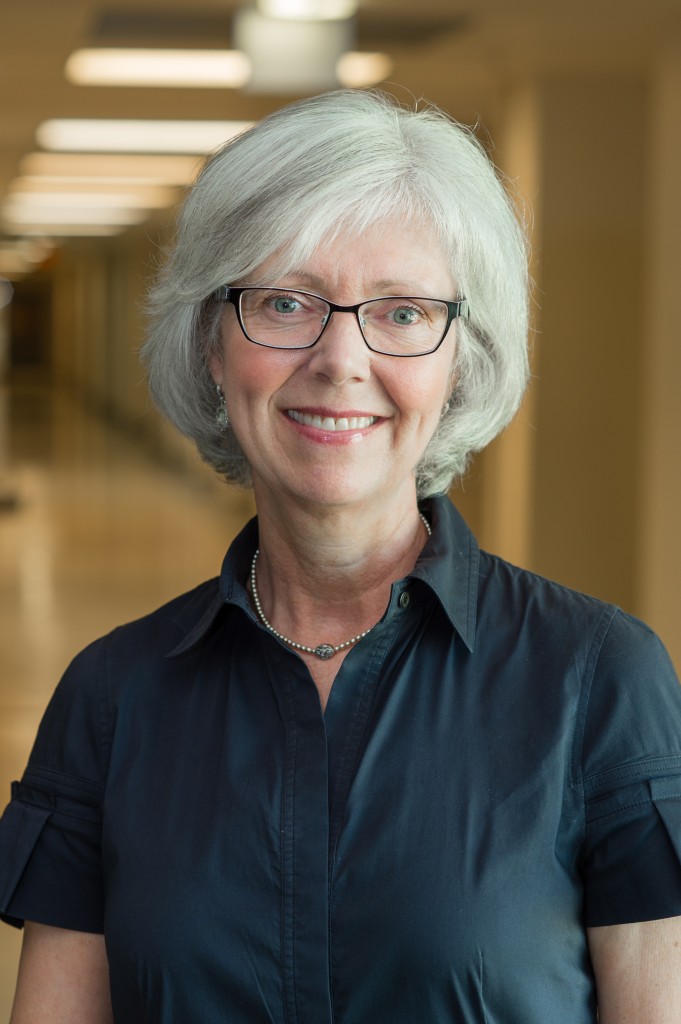
What roles have you held within ANCDS?
I was on the ANCDS board and served for a few years on the Practice Guidelines Committee for TBI.
What aspects about ANCDS have been valuable to your career?
Since Kathryn Bayles first invited me to an ANCDS meeting as a PhD student, I have continued to be inspired by the work of my peers: their scholarship, creativity, openness to new ideas, dedication to advancing excellence in our profession, and passion for improving the lives of people with communication and swallowing disorders. ANCDS has given me opportunities to contribute to important work, especially the practice guidelines projects; and in addition to providing me with mentorship by some of the legendary experts in our field, it has given me opportunities to develop my own mentorship skills with students, community clinicians, and junior colleagues. The high-quality continuing education at annual meetings has been extremely valuable over the years as well, especially when it brings new knowledge from outside our field.
What are some of the most important lessons you have learned in your career ?
My first job was on a Neurosurgery inpatient unit, and seeing what those patients and families experienced gave me perspective on what’s important in life. I’ve learned so much from patients, clients, and research participants over the years, including to listen first and talk later.
Mark Ylvisaker taught me that a sense of humour is critical and communication is everything. Among the many things Audrey Holland taught me was to accept that my lab would always be an eclectic mix of ideas and projects. I used to want to have a tightly focused line of research that progressed systematically from one question to another, but thanks to Audrey I’ve learned to embrace the chaos. She also taught me that research students should be free to make their own mistakes, which shaped my mentoring style.
Overall, I’ve learned the value of persistence, especially in research; and the importance of aiming high even when it’s difficult.
What have been some of the most challenging and rewarding aspects of your career ?
Early in my career, the Chair of our Neurology Department was overheard saying I was smart, “even though I was a speech-language pathologist”. I’m guessing many readers have had the experience of being dismissed or underestimated as a professional, and that’s definitely been one of the most challenging aspects of my career. Even more frustrating is to see the number of people who need our help and can’t access it. Access to services seems to get harder every year, in both the US and Canadian healthcare systems.
On the positive side, it’s rewarding to have the knowledge and skills to solve a problem, if that’s for a person with a communication challenge, an SLP or rehabilitation team, or even an academic program. The greatest reward is when a person with a communication disorder succeeds because of their own strengths, and I’ve been privileged to be a positive support in that journey.
